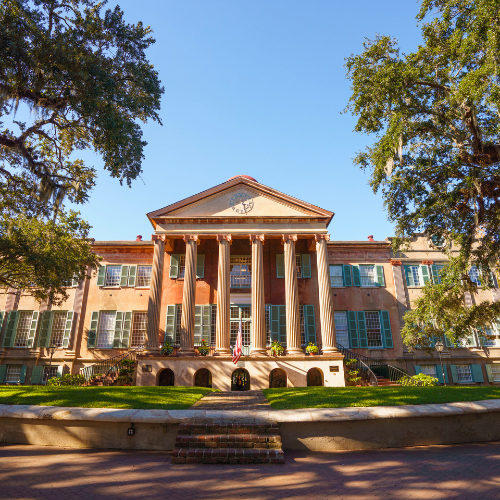
José Chávarry
Assistant Professor of Spanish
Education
CUNY Graduate Center
PhD., Latin American, Iberian and Latino Cultures
MPhil., Hispanic and Luso-Brazilian Literatures and Languages
Manhattan College
B.A., History & Spanish
Research Interests
My research deals with the intersection between aesthetics and politics in Cold War Latin America, especially the Andean region and the Southern Cone. My current primary project explores the experiences and narratives of Latin American intellectuals and artists who traveled to the People’s Republic of China in the 1950s and 1960s in the search for a revolutionary horizon alternative to the Soviet Union. These travelers, I argue, negotiated their personal artistic inquiries and local political realities with the ideological framework of the PRC and global liberation movements, producing complex narratives pieces (chronicles, novels and other forms of print) that attest to their socially-committed literary explorations. I offer both a close reading of authors such as Bernardo Kordon, Maria Rosa Oliver, Mercedes Valdivieso, Manuel Zapata Olivella and others, as well as an analysis of the broader ideological and print networks fostered by their travels.
In addition, I am also interested in how the global liberation discourses of the 1960s and 1970s played against the social realities of Peru and its intellectual traditions, defined by legacies of colonialism, indigenista thought and the Andean utopia. Specifically, I ask how artists and intellectuals framed themselves as cultural workers – that is, how their artistic production but also their own bodies, minds and affects, responded and engaged with the social uprisings, peasant mobilizations, and demands for fairer futures that characterized these decades, in Peru and globally. I examine this in particular during the years of the reform-oriented Revolutionary Government of the Armed Forces led by General Juan Velasco Alvarado (1968-1975) and the reactionary response of General Francisco Morales Bermudez (1975-1980).
Courses Taught
SPAN190 – Beginning Spanish through Culture I
SPAN201 – Beginning Spanish through Culture III
SPAN313 – Writing Skills Through Culture: La tecnología y los medios en la sociedad
SPAN333 – Arte y literatura en la Guerra Fría latinoamericana
SPAN333 – Andes Mágicos: Políticas de la representación en el mundo andino
SPAN333 – Vidas artísticas: Artistas latinoamericanos en el cine
SPAN494 – De lo gótico a lo raro: Literatura latinoamericana de terror
SPAN615 – Visiones del deseo: Latinoamérica y Estados Unidos
LACS330 – Colonial and Postcolonial Studies in Latin America and the Caribbean
HONS260 – Pan American Dreams: Art and culture in Latin America/US relations
Publications
“The Peruvian Revolution through Textual: State cultural policy, decolonialization and intellectual commitment,” in Periodically Speaking: History, Politics, and Visuality in Modern Latin American Print Culture, edited by Maria Chiara D’Argenio and Claire Lindsay, University of Florida Press (Forthcoming 2024).
“From miracle to montage: The interpreter figure in the narratives of Latin American travelers to the New China,” Catedral Tomada: Revista de crítica literaria latinoamericana 10.19 (2022): 424-452.
“‘Desespérate como nosotros’: Hora Zero Oriente y el ‘Memorándum Colectivo’ a Pablo Neruda,” Romance Notes 61.3 (2021): 481-492.
“La anemia nacional: gubernamentalidad y superabundancia de vida en el Ateneo de Lima y Manuel González Prada,” A Contracorriente: una revista de estudios latinoamericanos 18.3 (2021): 106-124.
“Alimentar el espíritu, alimentar el cuerpo: marginalidad y lectura en Patíbulo para un caballo, de Cronwell Jara Jiménez,” Latin American Literary Review 48.95 (2021): 49-57.
“Redes de trabajo: Imperio y solidaridad en Todas las sangres y El zorro de arriba y el zorro de abajo,” in Arguedas global: Indigenismo en el nuevo milenio, edited by José Antonio Mazzotti, Fondo Editorial de la Universidad César Vallejo, Asociación Internacional de Peruanistas and Revista de Crítica Literaria Latinoamericana, 2020, 389-412.
“Viaje a la Revolución: vitalismo y cultura política en las crónicas chinas de Bernardo Kordon,” Revista de Estudios Hispánicos 54.3 (2020): 749-772.